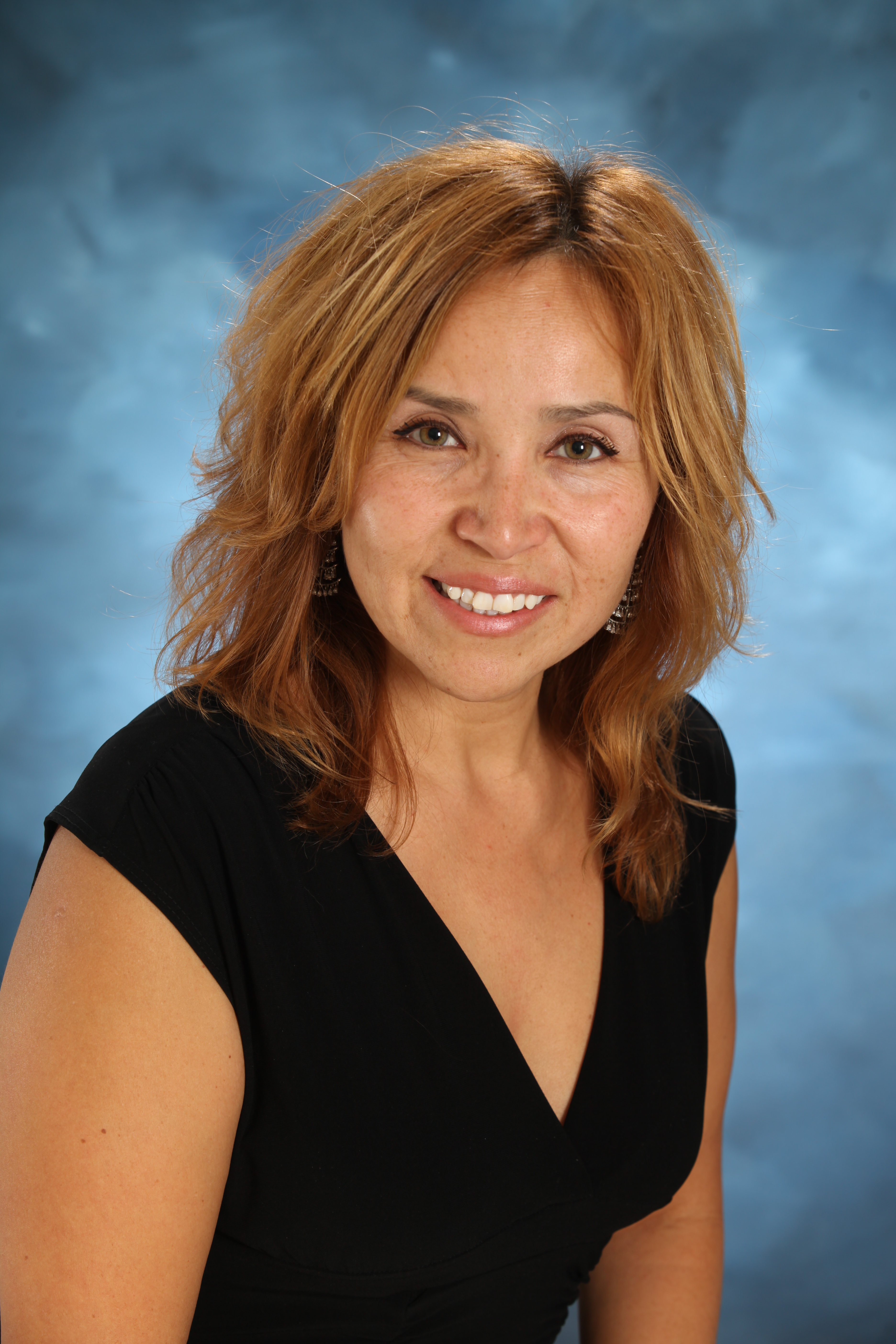Biography
Dr. Pamela Rose Toulouse is an Associate Professor in the Faculty of Education (Concurrent English Language) at Laurentian University. She has taught Primary/Junior Methods, Junior/Intermediate Methods, Indigenous Studies as a Teachable, English as a Teachable, Primary/Junior Literacy, Junior/Intermediate Literacy, Introduction to Social Work & Native Social Welfare, Indigenous Ways of Learning, Indigenous Relations in Community Contexts (Masters Level) and Independent Studies/Field Courses (PhD Level). Her areas of specialty are inclusive education, classroom management, lesson planning, learning cycles, assessment/evaluation, technology, differentiated instruction, Indigenous Education and social justice collaborations. She is a National 3M Teaching Excellence Award Fellow and has also been cited in previous editions of Maclean’s magazine as one of LU’s favourite professors.
Dr. Pamela Rose Toulouse is originally from the community of Sagamok First Nation. She is a proud Ojibwe/Odawa woman that comes from a long line of educators. Dr. Toulouse celebrates many years of activity (entering her 25th year) in the formal educational setting, beginning as an elementary school teacher and then finding herself in the role of colleague within the university system. She is well known for her contributions in Indigenous Education. Dr. Toulouse has published well over 50 resources which include books, chapters in books, curriculum pieces, articles, videos and other key selections.
Dr. Pamela Rose Toulouse is fondly known for her dynamic teaching, commitment to equity and passion for education. She chairs various committees, works with a variety of school boards, presents regularly and is active in her areas of research. Dr. Toulouse continues her life journey in the field of education by representing her Nation and profession in a respectful and meaningful way.
Meeting Dr. Pamela Rose Toulouse
What is your most memorable experience from your time in the Faculty of Education?
The people, the program, the experiences and the land. I completed my PHD at UBC in the Department of Educational Studies and was fortunate to also take the Ts”Kel stream. My peers and professors were always extraordinary, knowledgeable and compassionate. I left every class feeling challenged and hopeful in many ways. The level of critical thought provided me with new strategies (intellectually, emotionally, mentally) to think proactively about educational issues. I also could not have survived without the staff and the Elders at the First Nations Longhouse. This was my home away from home that helped quiet the loneliness and offered a safe space of belonging. The Faculty of Education was just a short walk to all the supports that I needed to be successful. Every path (physical and spiritual) led to a place, service or person that was instrumental to the scholar and person I was becoming. I am thankful for the Musqueam Nation for their generousity in allowing me into their traditional territory, the Xwi7xwa Library for their exceptional collections and the local coffee places where I could sit with my peers and professors to discuss life, scholarship and other random things. I definitely have to do a shout out to Mountain Equipment Coop (the informal entry ticket to campus) that kept me dry and warm while I biked, walked and ran everywhere during my years at UBC in the Faculty of Education.
Where has your education from the Faculty of Education taken you in your career?
It has been an essential part of my life journey. The PHD gave me the currency and tools to do the critical work that I do for Indigenous communities. It provided me with role models and mentors, like Dr. Jan Hare, Dr. Jean Barman, Dr. Joann Archibald and others that I can look to for research and vision. I have published many resources and my latest book Truth and Reconciliation in Canadian Schools (2018 – Portage and Main Press) is influenced by the history of residential schools that I learned more in depth about during my PHD program. The level of preparedness and the opportunities from the Faculty of Education have given me tools to move forward. It has been 17 years and I can still make connections between what I learned, who I learned it from and how it influences my thoughts/actions today.
Where do issues of inclusion find a place in your life or at work?
Inclusion is a daily part of my professional and personal life. As an Indigenous woman and scholar there is rarely a time when respect for Indigenous worldview is not an issue. In my work it is a part of my role in training teachers to be equipped with practices and pedagogy that are equitable. In my life it is a part of my existence as I deal with the ongoing racism and ignorance against Indigenous communities. Inclusion work is hard work, but, knowing that you can have a positive impact for children and youth is the greatest gift.
Do you have any words of wisdom for current students?
Embrace every opportunity that comes your way. Go to symposiums, conferences and embed these experiences in your coursework. Find a network of people that will support you and challenge you in good ways. Learn about the Indigenous peoples of the territory on which UBC is situated. Incorporate principles of truth and reconciliation in your daily work as a student and as a human being. There are seven generations yet unborn, our mother (the earth) and her children that are counting on you. There is no greater calling than to be of service to others.
Any advice for newly graduated folks?
Enjoy the moment. Then connect, network and do something extraordinary. Your degree from UBC supports the sacred role that you have been entrusted with. Know that you are going to make a difference, let that difference be one of change for the betterment of our children and this land that we all share.
